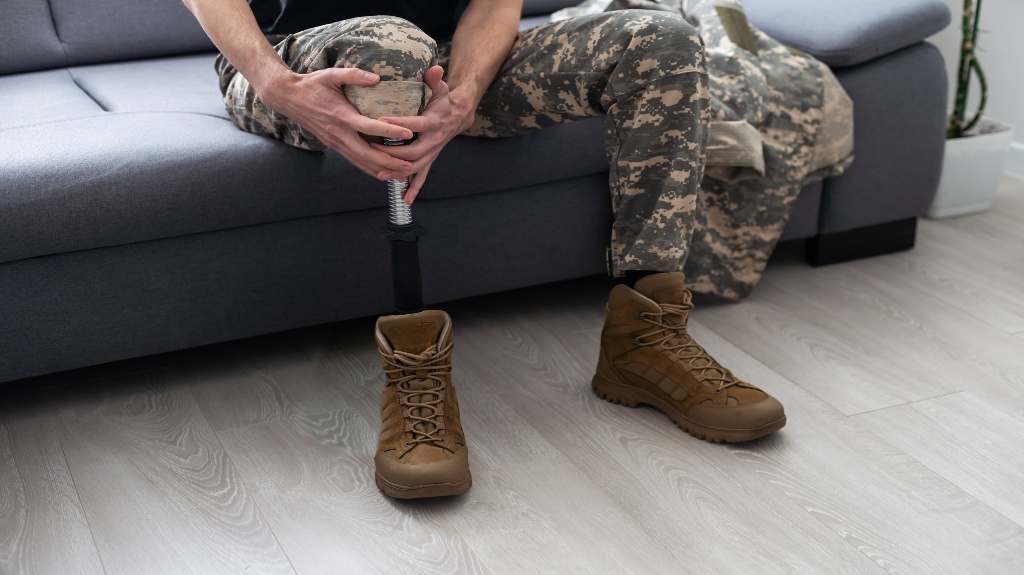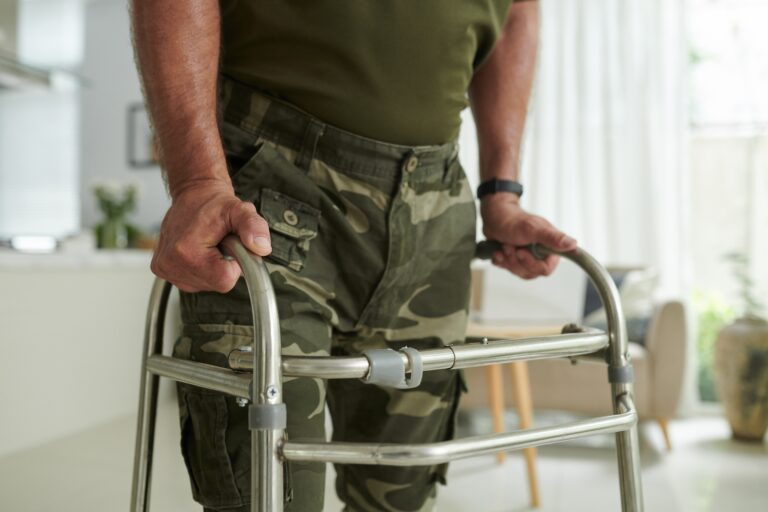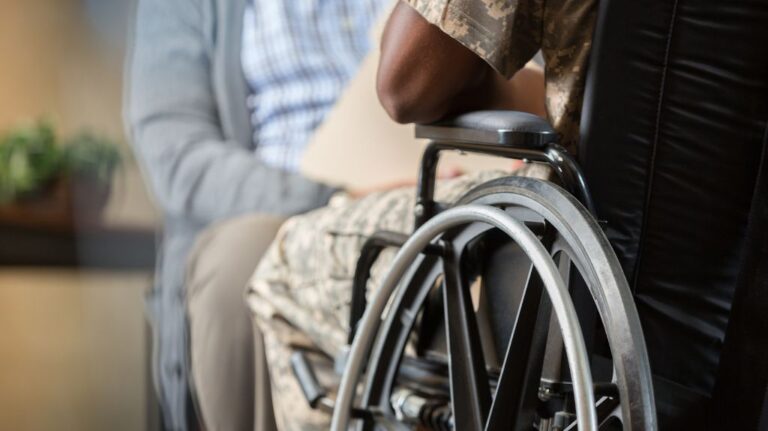Special Monthly Compensation (SMC) is an additional benefit paid to veterans who have service-connected disabilities on top of their regular VA disability compensation. This benefit is only offered in special circumstances for veterans who have a severe life-interfering disability. In this blog, we will give an overview of what SMC is, who can receive it, and how to apply for it. Whether you are already receiving VA benefits or are looking to explore different benefits, this blog will cover everything you need to know about SMC.

Who Can Receive Special Monthly Compensation?
Special Monthly Compensation is designed to help veterans and families whose disabilities are so severe that regular compensation is not enough.
A few situations that may qualify for SMC include:
- Loss of one or more limbs or extremities
- Loss of use of one or more limbs or extremities
- Physical loss of one or both eyes
- Loss of sight or total blindness in one or both eyes
Regular VA disability compensation provides financial payments based on the severity of service-connected disabilities by rating the disability with a percentage, ranging from 0% to 100%. SMC is not based on the VA’s rating, instead, it is based on qualifying extreme disabilities. The amount varies based on the needs of the disabled veteran.
Types of SMC
The VA’s Special Monthly Compensation (SMC) program has several levels, each assigned based on specific conditions and combinations of disabilities. These levels include:
- SMC-K: For veterans who have lost or lost the use of a body part or function, such as through amputation or deafness.
- SMC-L: For veterans who have lost or lost the use of two body parts or functions, such as an arm up to the elbow and/or a leg up to the knee.
- SMC-M: For veterans who have lost or lost the use of two critical body parts or functions related to sight, mobility, or the ability to use prosthetics.
- SMC-R: For veterans who need daily assistance with basic needs such as eating, dressing, and bathing, also known as “Aid and Attendance.”
- SMC-S: For veterans who cannot leave their homes due to service-connected disabilities.
There are additional levels such as SMC-N and SMC-O, for more extreme cases and higher rates.
How to Apply for SMC
- Determine Eligibility: Make sure that you meet the requirements for one of the SMC levels listed above.
- Gather Documentation: Collect all necessary medical records and evidence related to your service-connected disabilities, including diagnoses, treatment records, and any documentation showing the severity of your condition.
- Complete the Application: Fill out VA Form 21-526EZ, “Application for Disability Compensation and Related Compensation Benefits.” You can obtain this form online at the VA website or from a VA office.
- Submit Your Claim: Submit your completed application and documents to the VA through the VA’s eBenefits portal, by mail, or in person at a VA regional office.
Contact Veterans Law Attorneys Today for Help
If believe you or a loved one may be eligible to receive SMC, Veterans Law Attorneys is your Ohio firm that can help. We will help you build a stronger case file on appeal and strive to get you your benefits swiftly. Learn more about what we can do for you and your claim by calling us at (833) 753-5168 or reaching out to us online about your case. You can also contact us online.






